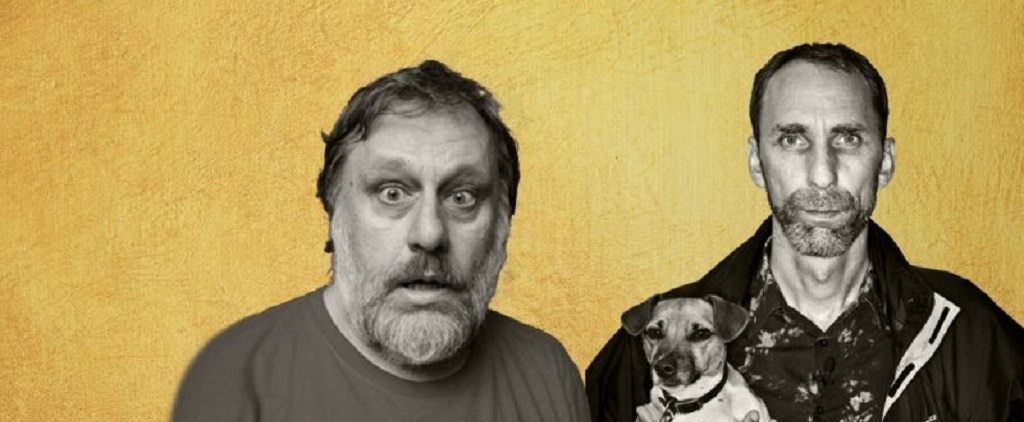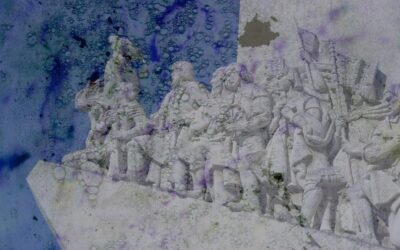[dropcap style=”font-size:100px; color:#992211;”]T[/dropcap]he ranks of public intellectuals (once the preserve of academics and philosophers) have been swelled by podcasters, legions of op-ed sensationalists, and hawkers of nutrition supplements.
The chance then to see two protean intellectual forces in conversation is not one to pass up.
Slavoj Zizek is an uncommonly prolific author (four books in 2016 and three in 2017, so far) whose books cover a panopoly of social issues from a perspective steeped in Marx, Hegel, and Lacan. Highlighting the counterintuitive nature of media, politics and government, he describes the forces within modern society that encourage anger, confusion, and anomie as well as unpicking why (in many cases) the source of everyday minor joys might well be the eventual fountain of our misery. He is also very funny.
A first time reader might do worse than consider him a highly intellectual observational comic with the added benefit of some deft pillaging of academic history.
Will Self is a regular on BBC panels and the author of several novels which explore surreal premises, such as people being transported to alternative realities or just going mad. Along with Philip K Dick, Self’s work plays with idea of consensual reality, unreliable narrative and story. It’s hard to pin down the greater premise of his novels as usually there are several themes in play. The usual way to navigate his pithy novels is to assume they are an institutional satire and then sit back as Self cuts their aims of social (and self) improvement to ribbons, sentence by sentence.
Zizek’s latest book The Courage of Hopelessness: Chronicles of a Year of Acting Dangerously looks at the current situation when liberal, democractic leftists are increasing marginalised from central political discourse. Oh, and terrorism. He argues that once we (yeah, I know…) accept that we can’t turn this train by the usual means, that then the left will have reached a place where they (we?) can move society forward.
The talk itself was a fascinating study in perspectives. Zizek started by describing the situation we’re in and which markers are signalling what we should rightly consider the end of times. Throughout, Self made arch comments and focussed Slavoj’s signature expansive style to the questions at hand. There was little wry or comic in questions like ‘removing all the references to Marx, Hegel and Lacan, what are you actually proposing?’ from Self. Or indeed in several other pointed questions that wanted Zizek to answer ‘What are you for?’. Is he a cultural commentator, or was he actually proposing a way out of the morass that we find ourselves in?
This isn’t a new critique of Zizek and to some extent one he sidestepped by explaining that it wasn’t necessarily for him to say what the outcome should look like, rather that it should emerge, rationally and with consideration, from the bourgeois elites (which naturally the audience were a part of).
As the bell called the end of the evening, you smelt the blood on the canvas, sweat in the air, and the tension between Self and Zizek was far from abated. Perhaps Zizek had lost the debate in not describing his position with enough clarity but then, he was the one there who had something to say. Self didn’t suggest a position or outcome that, once we embrace hopelessness, we should aim for (in that sense, it wasn’t necessary his show). Amongst the wealth of arguments, back-and-forth wit and vinegar, there was a sense of event.
This won’t happen again.
Wednesday, 17 May 2017
Emmanuel Centre
9-23 Marsham Street
London

Editor, founder, fan.




















